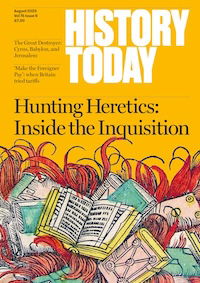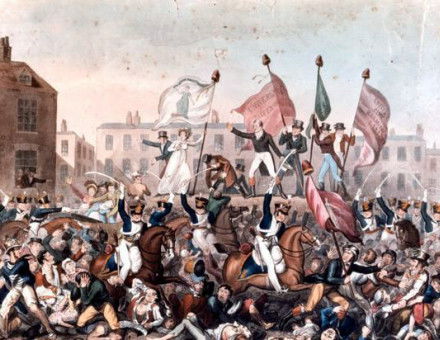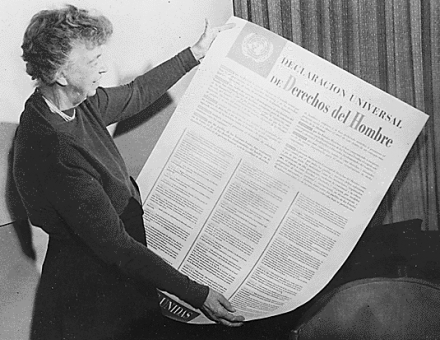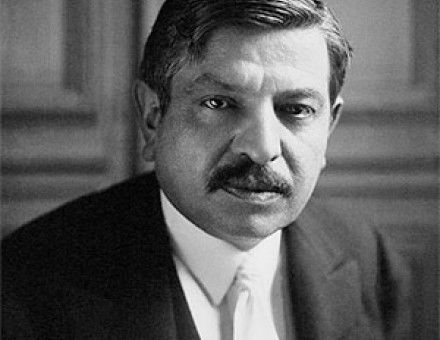The Lurch Into War
In May of 1588, Spain's great Armada set sail, bent on the invasion and conquest of Elizabethan England. Simon Adams re-examines the strategic considerations that underpinned the actions of both England and Spain before and after the Armada.





